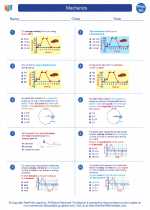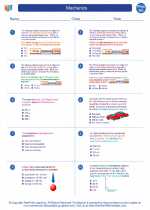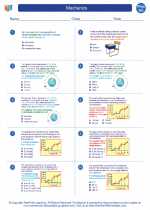Optical Instruments
Optical instruments are devices that use lenses and mirrors to observe and manipulate light in order to create images or magnify distant objects. These instruments are widely used in various fields including astronomy, microscopy, photography, and in the construction of optical devices such as cameras, telescopes, and microscopes.
Types of Optical Instruments
There are several types of optical instruments, some of the most common ones include:
- Telescopes: Used to observe distant objects such as stars, planets, and galaxies.
- Microscopes: Used to observe tiny objects such as cells, microorganisms, and other microscopic structures.
- Cameras: Devices used to capture and record images using lenses and light-sensitive film or digital sensors.
- Binoculars: Optical devices used for magnifying distant objects and providing a stereoscopic view.
- Projectors: Instruments that project images onto a screen or surface using lenses and light sources.
Working Principles
Optical instruments work based on the principles of reflection, refraction, and the behavior of light. Lenses and mirrors are the key components used in these instruments to manipulate light and create images. The basic principles include:
- Refraction: The bending of light as it passes from one medium to another, which is utilized in lenses to focus and magnify images.
- Reflection: The bouncing back of light from a surface, used in mirrors to redirect and focus light rays.
- Focal Length: The distance from the lens or mirror to the point where parallel light rays converge, determining the magnification and image formation.
Study Guide
When studying optical instruments, it's important to focus on the following key concepts:
- Understand the basic principles of reflection and refraction of light.
- Learn about the different types of lenses and their properties, including convex, concave, and their effects on light rays.
- Explore the functioning of mirrors and their applications in various optical instruments.
- Study the construction and working principles of specific optical instruments such as telescopes, microscopes, and cameras.
- Practice solving problems related to focal length, magnification, and image formation in optical systems.
- Explore the advancements in optical technology and their impact on various scientific and commercial fields.
By mastering these concepts and principles, you will gain a solid understanding of optical instruments and their applications in the real world.
Good luck with your studies!
.


